- Best industry sales in nearly three years
- Market share increased by all but the big four
- Asda’s worst performing of Big Four as sales slide 5.5%, according to Kantar
Supermarket sales were at their best for three years in the four weeks to August 13, but big four giant Asda saw its market share continue to fall.
Hot weather and the Rio Olympics combined to drive a 0.9% uplift in the value of total grocery sales, according to Nielsen. This is the best figure – excluding the inflated Easter and Christmas periods – since November 2013.
Nielsen also reported sales volumes rose 1%, the biggest increase since March 2015, and noted that the figures would have been even better if it were not for the grocery price war.
Hot-weather items such as mineral water, sparkling wine and fresh burgers led the spike in sales.
Fellow retail data company Kantar said that the market grew just 0.3% in the 12 weeks to August 14 – although that was still the fastest acceleration since March.
It added that grocery price inflation was still negative, with a representative basket of goods 1.3% cheaper than it was last year.
Nielsen UK head of retailer and business insight Mike Watkins said: “The stellar Team GB performances at the Olympics combined with the hot weather, particularly in mid-July, helped supermarkets to their own personal best for some time.
“Brexit seems to have been replaced by an Olympic ‘feel-good’ factor among shoppers and there were more visits to buy food and drink in the last four weeks than this time last year, with most retailers benefiting from an increase in shopper penetration.”
Asda woes
Despite growth in the overall market, Asda’s sales continued to fall, dropping 5.6% in the 12 weeks to August 13, Nielsen data showed.
The Walmart-owned grocer’s market share dipped from 15.3% to 14.3% year-on-year.
However, all four members of the big four reported falling sales during the 12-week period. Morrisons’ sales slipped 2.3%, while Sainsbury’s sales dropped 0.8%. Tesco registered the smallest drop of 0.6%.
The discounters once again fared well, with sales up 15.9% at Aldi and 9.9% at Lidl.
At the Co-operative, sales rose 3.5% while Waitrose also continued to outperform the big four, registering a 2.5% increase. M&S’s sales jumped 5.5% and Iceland was also in growth during the period, posting a 2.1% uplift.
According to Nielsen, sales of groceries on promotion dropped 28%, reflecting the move by the big four supermarkets away from multi-buy offers and cut-price deals to an everyday low price model.
Kantar figures
Rival data from Kantar covering the 12 weeks to August revealed that market leader Tesco’s sales dropped 0.4% – the supermarket giant’s slowest rate of decline for six months.
Kantar said the data suggested that Tesco’s decline, which reaches back to March 2015, could “soon come to an end”.
It added: “Tesco’s recent product launches have been making a positive impact on its performance, with its ‘Farm brands’ finding their way into over a quarter of the Tesco baskets this period.”
Like Nielsen, Kantar found that Asda was the worst-perfoming member of the big four after sales fell 5.5%. Sainsbury’s posted a 0.6% dip, while Morrisons’ sales dropped 1.8%.
Lidl was the fastest growing grocer during the period, according to Kantar’s data, as sales grew 12.2%. Discount rival Aldi registered an increase of 10.4%.
Waitrose and the Co-op enjoyed sales increases of 1.4% and 2.8% respectively, but Iceland benefitted most from the hot weather as purchases of products such as ice cream drove a 4.3% spike in sales.
Kantar recorded that promotional sales dropped to their lowest level since September 2010 and noted that just 37.7% of sales were purchased on any kind of promotion. During 2015, over 40% of sales were promotional.




















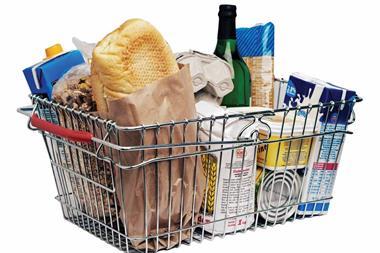
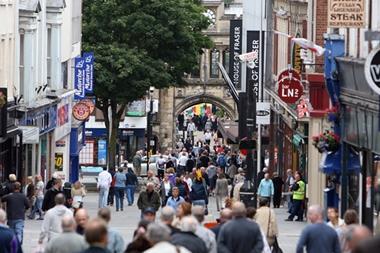
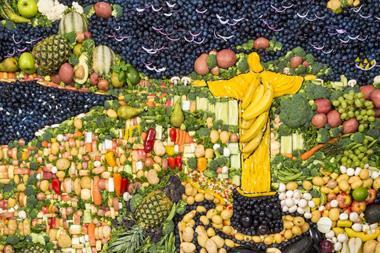
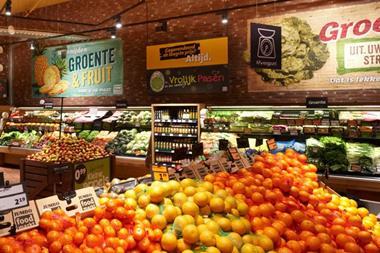
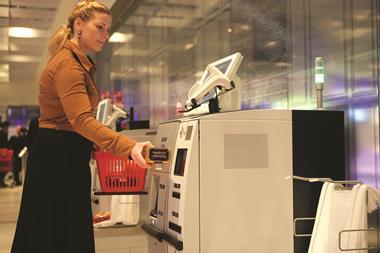
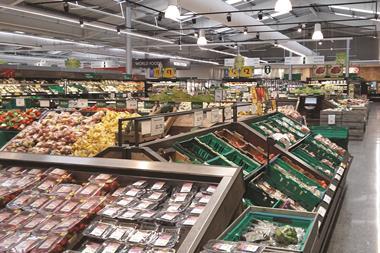
No comments yet